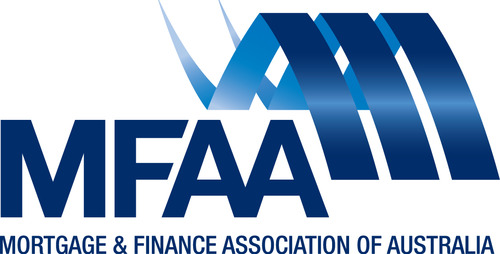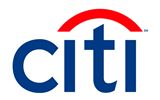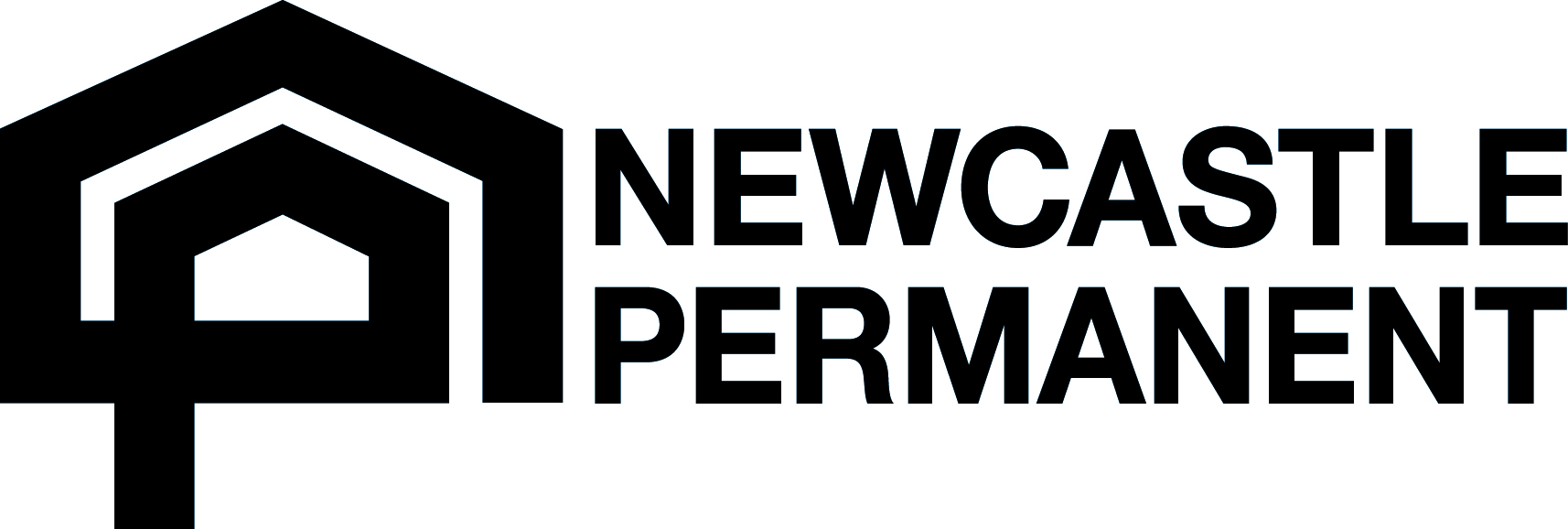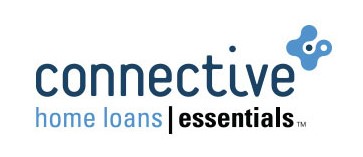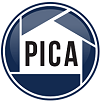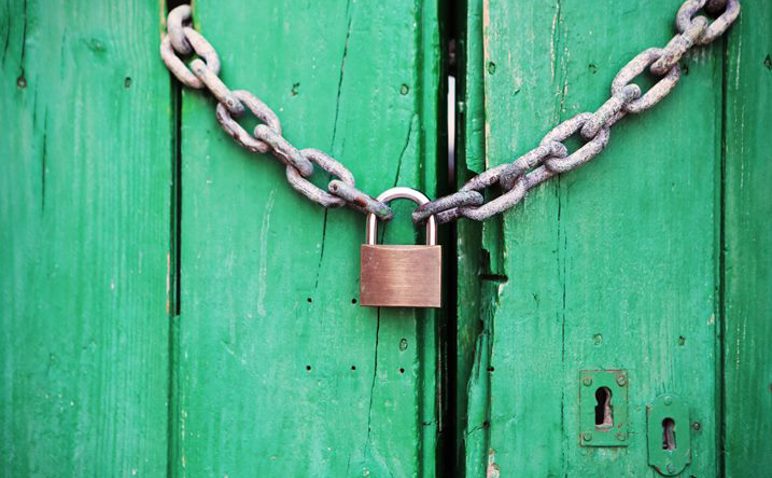
Fixed Interest Rate Loan Break Fees
What are the pros and cons of a fixed interest rate loan?
When a customer opts to fix their interest rates for a specified term, it offers some security to know what the repayments will be for the term of the loan however there are more pros and cons to entering into a fixed interest rate loan term.
On the positive side:
- Fixed interest rate for the term
- Set repayments which can assist with budgeting
- If rates go up, your fixed interest rate remains for the term
On the less positive side:
- If rates go down, you may be paying higher rates for the remaining term
- There are break fees if you wish to discharge the loan (break the fixed term):
- You may need to sell the property
- You may want to repay the loan in full
- You may want to refinance to a more suitable loan
What are the break fees?
Fixed interest rate loan break fees are the costs associated with breaking a fixed rate loan contract. The break fee compensates the lender for any loss of profit that would have been earned for the remaining term of the loan (i.e. if the lender will be financially impacted by $500 by breaking the fixed term, that will be the fee you are charged).
It is important to note that break fees can be substantial if your loan balance is high and the remaining term is long however depending on the reason for needing to break the fixed loan term, it may be justified (i.e. you will save more money by refinancing than what the break fee will cost). The break fee is calculated from the day the loan is discharged and a borrower will need to call their lender to request an estimate as this information is only provided by the lender.
How do the lenders set the fixed interest rates they offer?
The fixed interest rate the lender offers at any time is based on their prediction of the likely economy changes and interest rate movements, normally forecasted over a 3 to 5 years term.
What is fixed interest rate lock?
Rate lock is a product which must be offered by your broker if you elect to fix any part of your loan. It is not mandatory that a client applies for rate lock, however it must be offered.
Rate lock allows you to secure the interest rate available at the time of submitting the loan application to the lender. This is beneficial if fixed interest rates go up between the time you applied for a loan and the time you settle on your purchase.
Generally, lenders will also honor any reduction in fixed interest rates between when the application was submitted and the time you settle. So it’s a win win for the customer pending fixed interest rates movements.
The one catch which most lenders have is that rate lock applications are only valid for 90 days, so the borrower needs to purchase and settle on the property within that period to receive the fixed interest rates they rate locked.
Rate lock can cost between the minimum fee (approx. $700-$750) or on a percentage base (generally 0.15% of the loan amount to be fixed - e.g. $600,000 loan to be fixed = $900).


